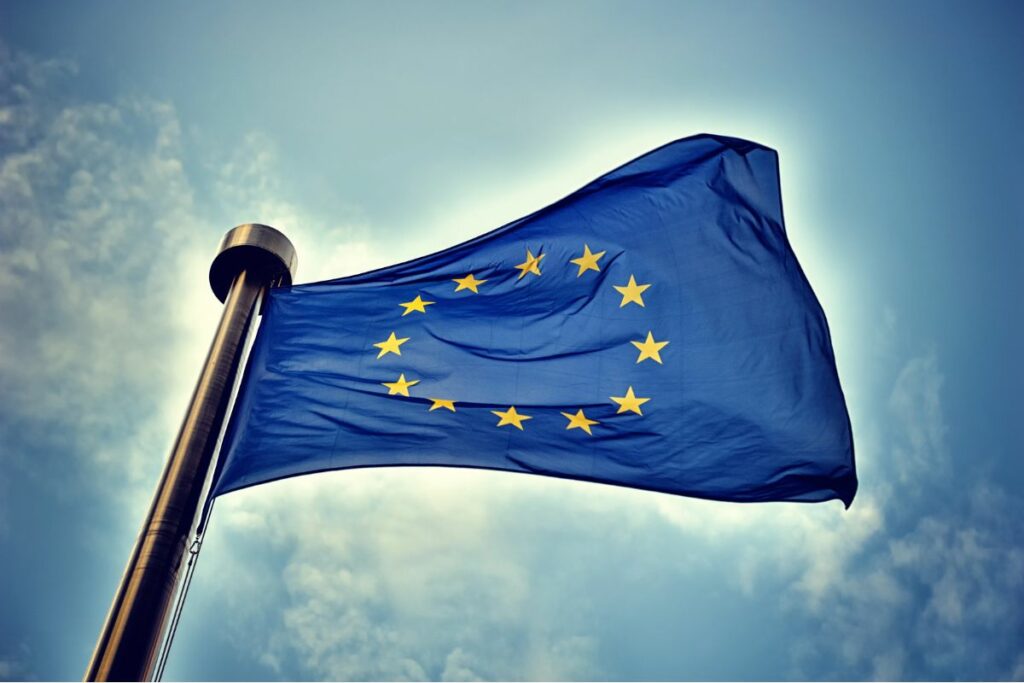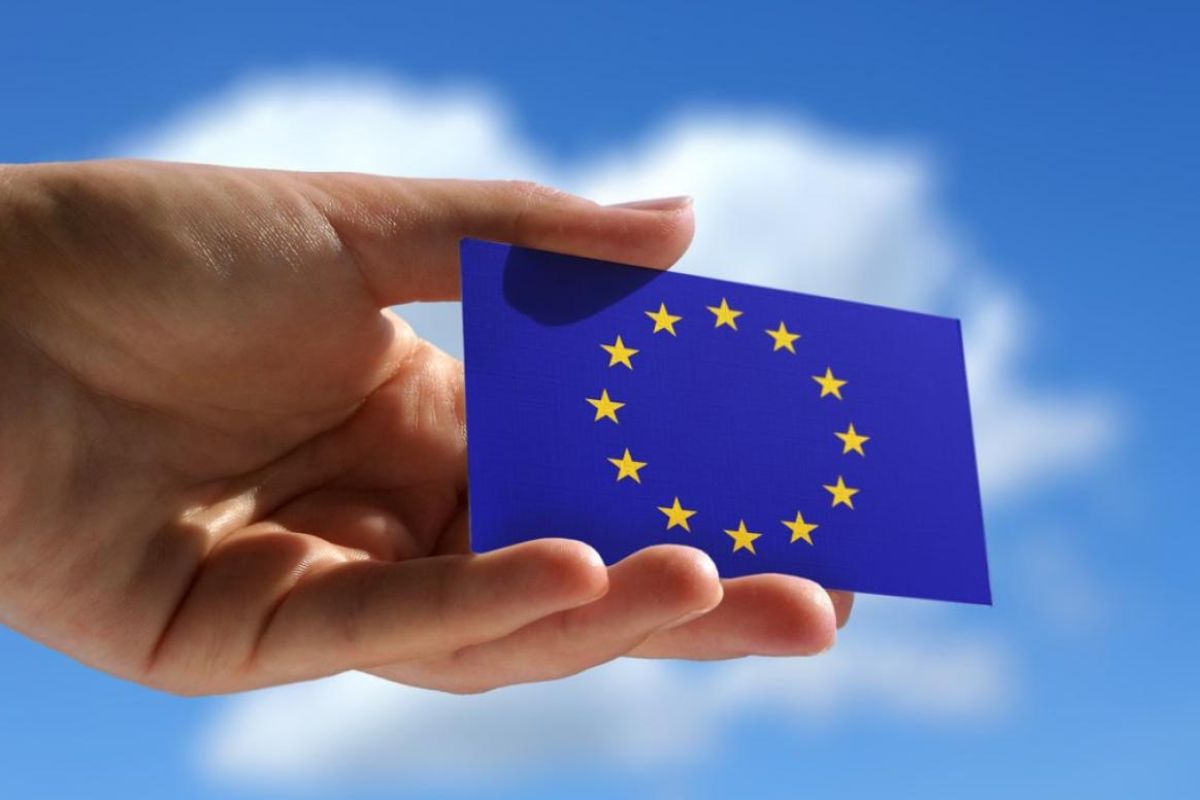The Swedish government has announced plans to make it easier for highly skilled foreigners to obtain the EU Blue Card. The new changes are expected to take effect on November 18, 2023, with the goal of attracting and retaining highly qualified workers in the country.
What is EU Blue Card?
The EU Blue Card is a work and residence permit that allows highly skilled non-EU citizens to work and live in a member state of the EU. The European Union implemented it in 2009 to help address skill shortages in specific fields and to attract highly skilled workers from non-EU countries.
The EU Blue Card entitles holders to work and live in the EU member state that issued the card, and it can be renewed after the initial validity period has expired.

Eligibility for the EU Blue Card
To be eligible for an EU Blue Card, applicants must meet certain requirements, such as having a university degree or equivalent qualifications, a valid job offer or work contract, and a salary threshold that is at least one and a half times the average salary of the issuing member state.
Proposed Changes
Under the new rules, highly skilled foreigners with an employment contract for a period of six months will be permitted to apply for the EU Blue Card.
The Swedish government also plans to give more flexibility to highly skilled foreign nationals who want to change their type of work, without requiring them to apply for a new EU Blue Card.
Furthermore, highly skilled foreign nationals with an EU Blue Card issued by another EU member state will be permitted to enter Sweden for the purpose of conducting business for a maximum of 90 days in any 180-day period.
Foreigners who have held an EU Blue Card issued by another EU country for at least a year will be able to apply for the authorization in Sweden using a streamlined procedure.
25 EU Countries Issue EU Blue Card
Sweden is one of the 25 EU countries that issue an EU Blue Card. The list of countries issuing the authorization, apart from Sweden, consists of Austria, Belgium, Bulgaria, Croatia, Cyprus, Czechia, Estonia, Finland, Germany, Greece, Hungary, Italy, Latvia, Lithuania, Luxembourg, Malta, the Netherlands, Poland, Portugal, Romania, Slovakia, Slovenia, Spain, and Sweden.
Application Requirements
Highly skilled foreigners seeking an EU Blue Card must make an appointment with an EU embassy or consulate and submit several documents.
These include;
- Two signed copies of the application form
- A valid passport
- Copies of important passport pages
- Two photos
- A work contract with the EU employer
- Evidence of salary
- Evidence of higher education qualification, and
- Evidence of work experience
EU Blue Card applicants must also submit an updated CV, a letter from their employer stating that they meet all of the requirements, proof of payment of the application fee, and proof of health insurance, among other things.
In conclusion, Sweden’s new changes to its EU Blue Card policy will make it easier for highly skilled foreigners to obtain authorization to work in the country. These changes are expected to come into effect on November 18, 2023, and will provide more flexibility and simplify the application process.
Follow and connect with us on Facebook, Twitter, LinkedIn, Instagram and Google News for the latest travel news and updates!





